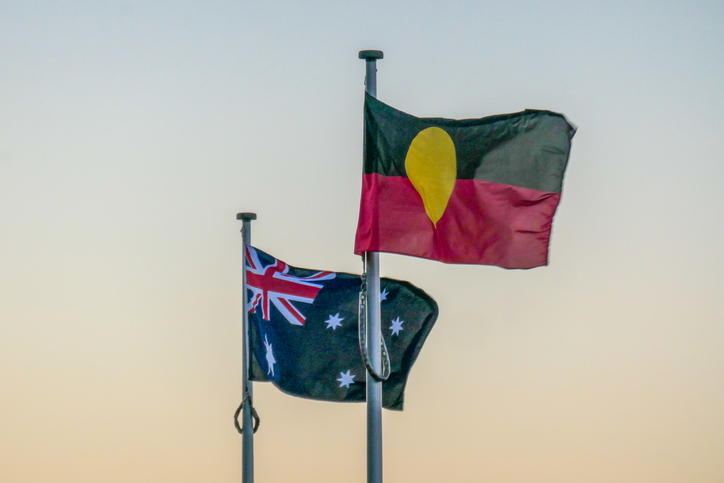Is the No victory another signal of voters distrust of democratic reps?
October 17, 2023
The high levels of loss of Yes voters to the No camp during the referendum campaign add indicators that the once social democratic contributions to governance are in trouble. Where once policies for fairness were seen as integral parts of good democracies, these have been replaced by neo liberal market models. This shows up too often as voters becoming customers, not citizens.
Albanese, the Australian Labor Party leader, prioritised the referendum on the Voice, as his first clear and fair signal of the benefits of a Labor government. Yet the time lag as the Uluru Voice was sorted into the referendum format allowed the opposing groups to ensure substantial loss of the Yes voters to NO, so the referendum vote was lost and will ensure no such changes are likely to be introduced, and the opposing Liberals celebrate with many others their rejection of change.
Who and why were so many attracted to voting for the loss of a Labor promise of the Voice that had been requested. The change from early Yes surveys was substantial overall, except in the ACT. The change is puzzling as the stats indicate that many No voters were low income and had voted Labor recently. So, the Libs realised they could attract low income often ALP voters to their denial of the Voice.
It seems likely the policy confusions are another indicator of growing voter distrust of those they elect. The referendum was the ALP PMs first commitment to voters straight after his victory and has now been rejected despite a clear offer to create social equity interests. Given that the ALP seats of their members voted no, the lack of voter support and shift to the No vote now suggests a serious lack of trust of their representatives.
Therefore it is likely that the loss of the current referendum is another indicator of the loss of trust in the social democratic model, as neoliberalism cuts the roles of government based social funding. The last weeks have been focused on the conflicts of views between two camps: those who see the referendum results offering positive changes and those opposing them as divisive, expensive and unnecessary. The latter were driven by the Liberal leader and many others. The tone of many of the later rejectors often indicated high anxiety and racist views of Indigenous competence and needs. Their win will leave political scars.
Much of the No voter campaigns won via suss arguments of inequity, costs and racism. These are likely to increase their claims that there is no need for special access to those in power. Given the failure of past attempts to fix obvious gaps and needs of first Nations, this failure just adds to further problems.
So what can those of us who are seriously concerned at the misleading No votes, and note real need for changes, do to restore the basics of fairly structured nation states, capacity to manage climate damage and other external needs, as well as local and unfair poverty resulting from the increasing technology/labour threats?
Some solutions to the structural
Can we fix the above gaps, threats and needs by looking at broader planning for the future if we revisit and fixed some of the political market model errors that have reduced their goals to be monetised only? These come from the ongoing paradigm shift to neoliberal economics which offer proven destruction of social cohesion via the reduced trustworthiness in democratic governance and civilisations. The abandoning of the Government roles in welfare, health care and social wellbeing has caused confusion and fragile democracies in large countries, e.g. the USA, UK, many EU nations and us, for example.
Citizens need to trust those they elect to offer care for their wellbeing, not just GDP measures. The privatising of welfare services and power sources, for instance, are recreating resentment and shifts to dictatorships and non-democratic strong leaders. As markets and competition do not deliver on the basis of needs, but the ability to pay, they fail to meet both needs and desires for the common good. So, we see failing confidence in issues to mend inequity of some groupings too often.
We need to restore the trusted roles of Governments to voters, so they can identify as citizens, with both rights and obligations, rather than just customers. Those we elect then should seriously ensure that non-market needs like health are met with fairness determining the policies. Such changes will restore faith in social democratic governance models which are not market, but voter driven.
The splits above and failures to recognise special needs of some groups will reduce if voters stop feeling their distrust rising. This will only occur if governments stop displaying excessive self-interest! Then the First Nations real needs will be more fairly met!

